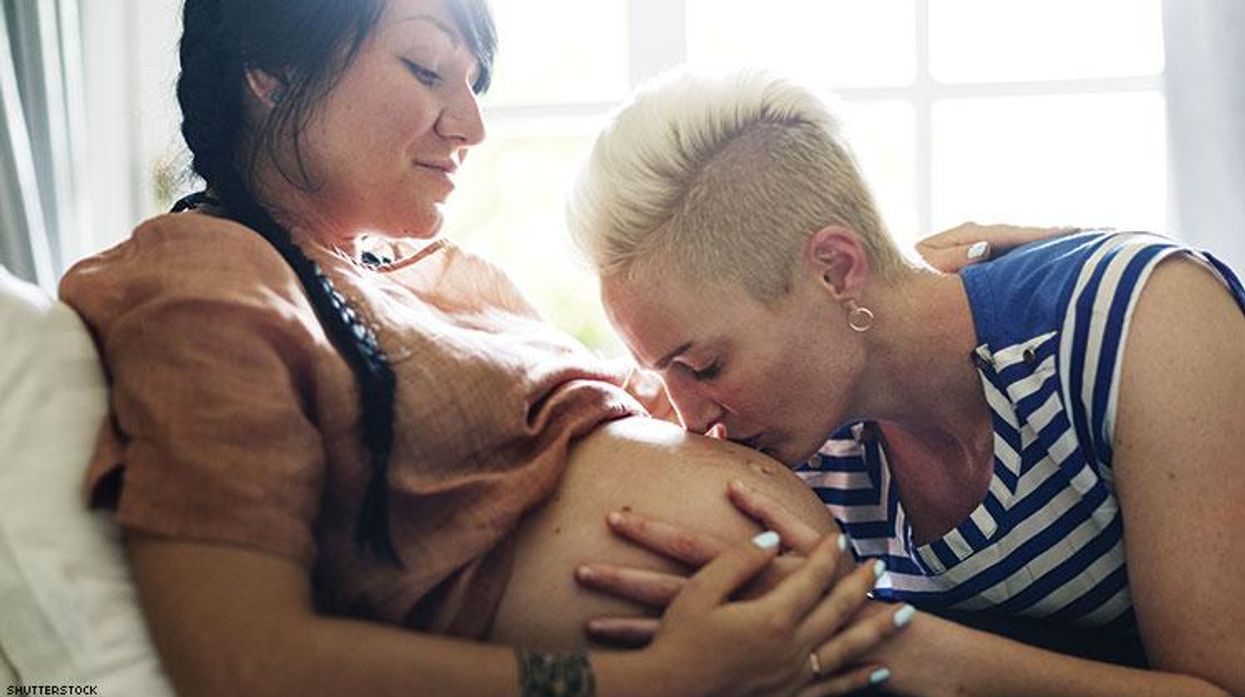Families
Fertility Service Makes Parenting Possible for Non-Millionaires

A revolutionary new fertility service is making it easier and more affordable for queer couples to conceive.
March 22 2018 5:33 AM EST
By continuing to use our site, you agree to our Privacy Policy and Terms of Use.

A revolutionary new fertility service is making it easier and more affordable for queer couples to conceive.
Though medical advancements have made it possible for more LGBT couples to start families of their own, many still struggle with the sky-high up-front costs of fertility services typically not covered by health insurance.
"The meds cost thousands of dollars... it's hard to imagine how to pay for it," says Amanda Frey, a 27-year-old bisexual social worker, who says she wishes she'd had a service like Future Family available when she and her wife were trying to conceive. "If it wasn't for my wife's father and family [who helped us financially], we could not have been able to have a child."
This issue disproportionately impacts those with few economic resources (including trans people, younger couples, single parents, and women-only households facing the gender pay gap). The most expensive services -- including in vitro fertilization, fertility treatments, and egg-freezing -- are often higher for the person with the womb than the one with the sperm. For example, over-the-counter sperm-count tests can be purchased for as low as $50, whereas a female fertility-check can run hundreds of dollars.
But Future Family hopes to make conception cheaper for everyone. Founded by two successful businesswomen, the service is a revolutionary fertility care service whose mission is "to provide women and couples personal, affordable, world-class fertility care." Due to its streamlined business model, Future Family is able to offer their "fertility age test" for only $149, whereas many private fertility practices charge as much as $600 for this same test.
Certainly, the most attractive feature of Future Family is their flexible financing options with low monthly payments, and -- here's the kicker -- zero money down.
That's important since money is by far the biggest obstacle for many would-be parents, and it's particularly helpful for young women who are caught in the biological time-trap of wanting to have a child by a certain age, but not being financially secure enough to afford shelling out thousands of dollars to do so. (FutureFamily.com)
Charlie Kirk DID say stoning gay people was the 'perfect law' — and these other heinous quotes